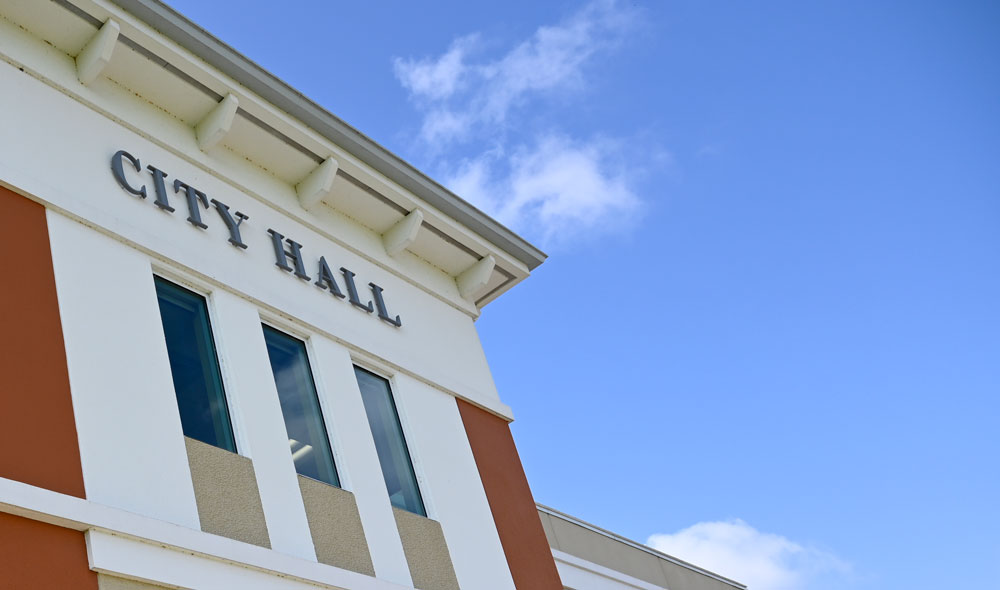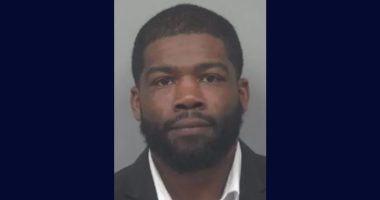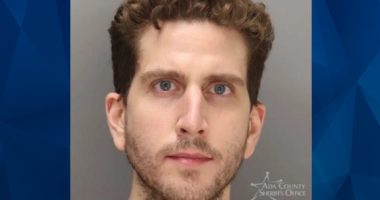
Palm Coast government on Feb. 8 issued a bid request for accounting firms willing to give the City Council an “educational presentation on forensic audits.” The window closes on Feb. 28.
In government, forensic audits are conducted when foul play–fraud, embezzlement, misappropriation–is suspected.
The request for proposals comes six months after the council first directed the administration to look into the possibility of a forensic audit, even as the council member who initiated the request specified that she did not suspect any criminal activity in the city.
The initiative was prompted by one resident, Ken McDowell, subsequently echoed by a handful of others, who claim, without evidence–without so much as rumors about any one particular government fund or government official, without any indication of impropriety even after six months of repeating the claims–that the city is corrupt, and that a forensic audit would validate their suspicion.
The city’s bid request is itself drawing criticism from the likes of McDowell, who say that the city is reneging on a pledge to do a forensic audit by shifting the attention to exploring what forensic audits are about.
“Several months ago, I stood up here and demanded this city perform a forensic audit. Guess what? All five of our city councilman, women, voted to approve it,” McDowell told the council last Tuesday. But as has frequently been the case when McDowell speaks, he mischaracterized the matter.
There was no vote in August, when he first brought up the issue. There was no outright direction to conduct a forensic audit, though it certainly appeared that the council wanted to head that way. More precisely, there was consensus for city staff to bring back a proposal to the council on what a forensic audit entails, with costs and scope yet to be determined. (See: “Without Evidence of Wrongdoing, Palm Coast Council Orders Expensive, Unprecedented Forensic Audit.”)
The August discussion indicated that three council members–Theresa Pontieri, who initiated the move, Ed Danko and Cathy Heighter–favored an audit, with Mayor David Alfin and Nick Klufas agreeing to looking into the mechanics of an audit.
But even Pontieri’s direction and Danko’s approach entailed at least two steps: “I would like to direct staff to look into what we need to do in order to have a forensic audit,” Pontieri had said at the time. “I know we do an audit, a regular audit every year. But I don’t think a workshop is necessary at this point. But perhaps we get staff to look into the steps that would be necessary to take. And I would ask for consensus from my colleagues to see what that looks like in order to have a forensic audit done.”
“Do we have any indication without cost?” Alfin asked.
“That something that if staff could look into it, and then could bring that back to us,” Pontieri had said. Klufas asked whether that would include all the city’s funds, including its “enterprise” funds (those that depend on their own revenue, not on property taxes, to function, like the utility fund, the stormwater fund, and so on.)
“It’s a it’s a long complicated process. So before you start cherry picking, I think you should understand the entire process,” Alfin said.
“I think we should have a presentation explaining all of that, so we know what to focus on. So the public knows,” Danko had said, clearly indicating that the council was looking to get educated on the process first even at that August meeting.
“Excellent idea. Good for the public as well,” Alfin said.
McDowell claimed on Tuesday that the week after that discussion, “three of you backed out on the guise that the city government told you it was too expensive to do.”
In fact, Pontieri had said she felt responsible for formalizing the push to a forensic audit, but now favored getting an accounting firm to make a presentation “without an implication that there’s any type of criminal activity occurring, because obviously, there isn’t.” And there was some walking back among council members on that score, as the council did not want to give the impression that it was endorsing what amounted to a fiscal investigation predicated on a suspicion of wrongdoing. (See: “Palm Coast Disarms ‘Forensic Audit’ Talk as Council’s Klufas Asks ‘Where’s the Fire?’ and Cautions Against Pandering.”)
Danko elaborated on what he’d said the week before, but did not change position: ” I’d like to learn a bit more about what a forensic audit is,” he said. “So I assume staff comes back and says, here’s what we’re going to look at and here’s what it’s going to cost you and here’s what it’s going to show you or not show you. It’s kind of an education for our entire community.”
McDowell–who also claims that “our forensic audit numbers are up about to probably about 2500 people that are angry,” a number that would very likely be shown to be fabricated even by an amateur audit–claimed that “the timeframe is a maximum of every five years a forensic audit be performed.”
That is wrong: There is no such timeframe. There is no requirement of any kind that a local government conduct a forensic audit of its books at any time. Such audits are conducted only when reasonable suspicion of wrongdoing exists. As it is, the city is independently audited every year through the regular government-auditing process.
There’s been no evidence, no hint of wrongdoing, other than McDowell’s and a few other people’s vague claims. And for all of McDowell’s begging of city staff, in meeting after meeting, to “come forward” and blow the whistle, none of the city’s 650 employees have heeded the call. That may not be surprising, considering the fact that McDowell is at the same time calling city staff “corrupt,” as he implied again on Tuesday: “Let the people know what’s going on back here in these hallways,” he said. “We don’t know what’s going on in the back rooms with the politicians.”
That sort of assumption had prompted Klufas last year to note that “a forensic audit to me is essentially the same thing as saying fire without even being able to point to smoke.”
Deputy City Manager Lauren Johnston summarized the ongoing bid process for the council on Tuesday. The 47-page bid package includes an outline of what will be required of the firm winning the bid. That includes a definition and purpose of a forensic audit, the circumstances warranting it, and the potential scope and costs of such an audit. The firm will also be required to “Provide a minimum of 3 examples of forensic audit engagements performed when there was no identified area of concern.”
The analysis will also include how a forensic audit could impact city operations and the city’s reputation, since the mere fact of an ongoing forensic audit by itself is enough to raise suspicions in, say, bond holders’ eyes: that’s not something any local government relishes.
“I know there’s some confusion about the forensic audit,” Pontieri, who likely continues to feel responsible for fueling the forensic audit bandwagon, told the council on Tuesday. “We sit up here week after week and we listen to people who have been asking for the forensic audit. I just want to kind of provide some clarity and transparency as to what we’re doing. We were asked to do a forensic audit. A forensic audit is not something where you just do this very high level forensic audit of the entire finances of a city or county that would literally cost millions of dollars. The purpose of a forensic audit is if something were to come back in the audit that we already do annually every single year–that our accounting department continues to win awards for–if something were to come back that raised any red flags. And that has never occurred. Now, do I disagree that a forensic audit may not provide some type of benefit? I don’t disagree with that general statement. But the problem is we don’t have anything to pinpoint and to narrow the scope. So what we asked for was for a firm to come in and say hey, look, this is what we can specifically look at.”









